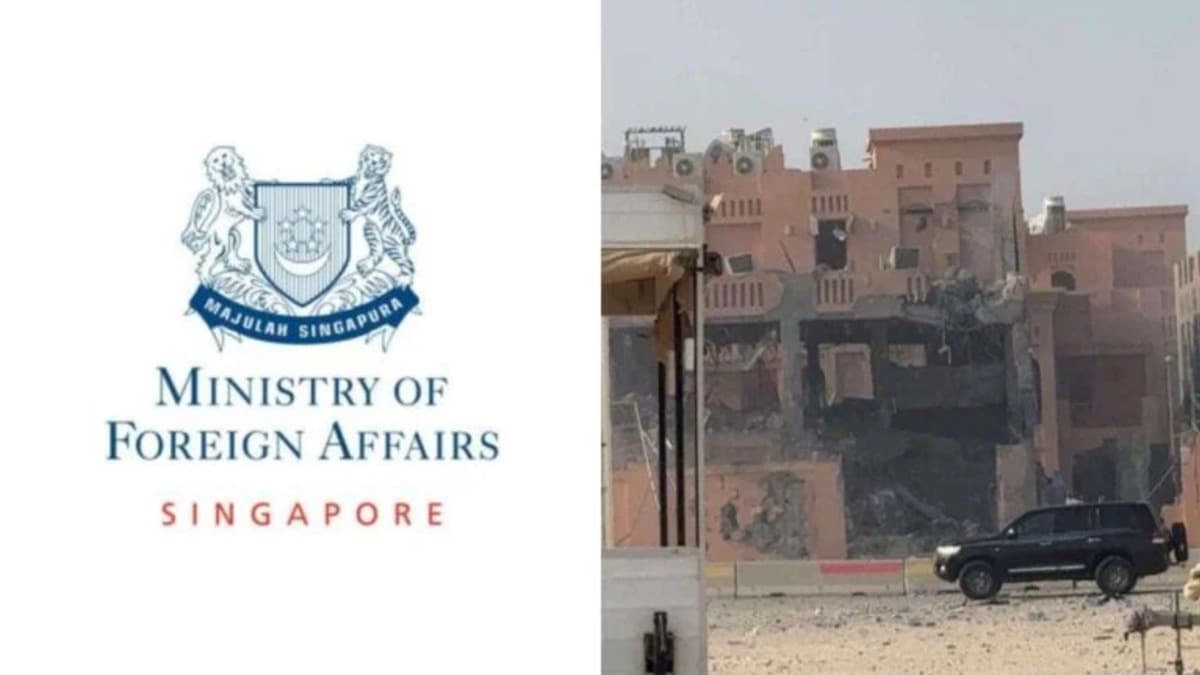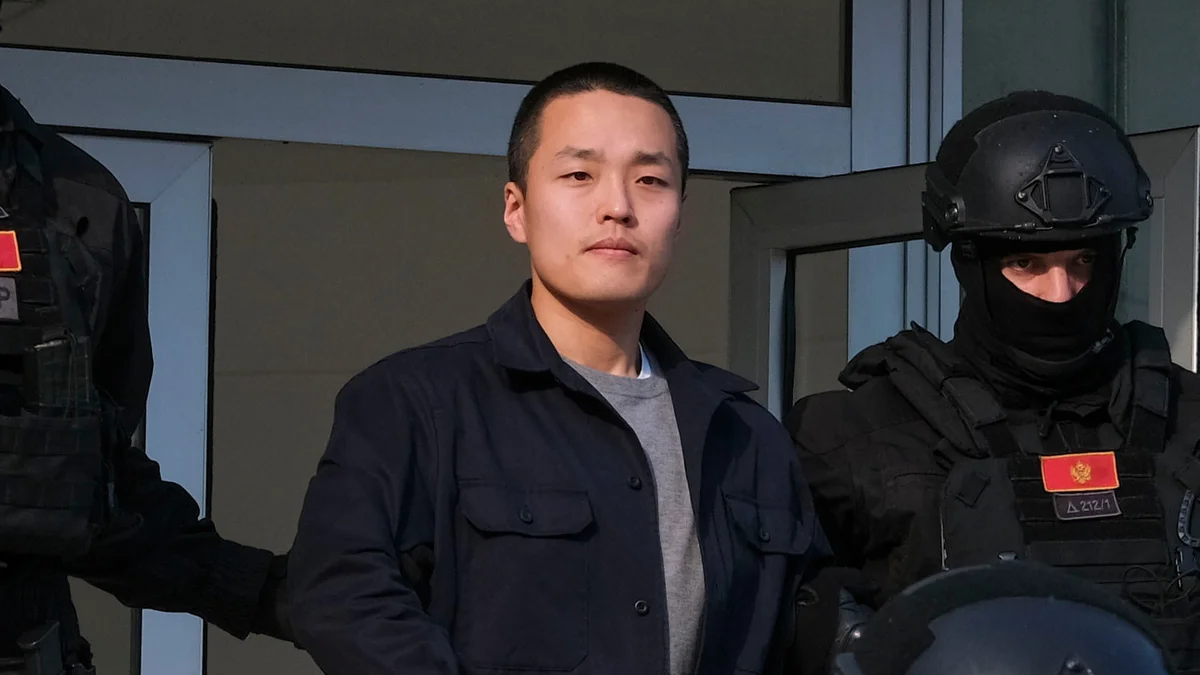Singapore condemns Israel’s air strikes in Doha as violation of Qatar’s sovereignty
Singapore’s Ministry of Foreign Affairs (MFA) has condemned Israel’s air strikes in Doha, calling them an “egregious and dangerous action” that violated Qatar’s sovereignty and undermined ceasefire negotiations. The MFA reaffirmed Singapore’s solidarity with Qatar and its support for mediation efforts.

- Singapore condemned Israel’s air strikes in Doha as a violation of Qatar’s sovereignty.
- The MFA said the strikes jeopardised ongoing ceasefire talks and hostages’ release efforts.
- The international community, including the UN and major powers, criticised the Israeli action.
Singapore’s Ministry of Foreign Affairs (MFA) on 10 September strongly condemned Israel’s air strikes in Doha, describing them as an “egregious and dangerous action” and a clear violation of Qatar’s sovereignty.
The ministry stated that the attack undermined ongoing diplomatic efforts aimed at achieving a ceasefire and securing the release of hostages held in Gaza. It added that such actions risk derailing fragile negotiations mediated by Qatar and Egypt.
“Singapore stands in solidarity with Qatar,” the MFA said in its statement, underscoring support for regional mediation efforts and respect for international law.
Israel confirmed that it conducted the operation on 9 September, claiming that the air strikes targeted senior Hamas leaders residing in Doha. Prime Minister Benjamin Netanyahu’s office described the assault as “a wholly independent Israeli operation,” declaring: “Israel initiated it, Israel conducted it, and Israel takes full responsibility.”
Qatar condemned the strike as a “cowardly” act and a blatant violation of international law. The Gulf state has long played a central role in ceasefire negotiations between Israel and Hamas, often acting as an intermediary alongside Egypt.
Qatar’s diplomatic importance is heightened by its hosting of Hamas’s political leadership and the presence of the Al-Udeid Air Base, the largest United States military facility in the Middle East.
The international community swiftly reacted to the incident. United Nations Secretary-General Antonio Guterres called the attack a “flagrant violation of sovereignty and the territorial integrity of Qatar.” He urged all parties to de-escalate tensions and prioritise securing a lasting ceasefire instead of resorting to further military action.
In Washington, United States President Donald Trump expressed rare public disapproval of Israel’s move. He said he was “not thrilled” by the operation and noted that it “does not advance Israel’s or America’s goals.”
While reaffirming his stance that Hamas must be dismantled, Trump cautioned that the strike risked undermining broader regional stability and ongoing mediation efforts.
Saudi Arabia, Egypt, and the United Arab Emirates joined the European Union in condemning the air strikes. In a joint statement, the countries described the attack as a serious escalation that could inflame instability across the Middle East.
Regional analysts said the strikes mark one of the most direct challenges to Qatar’s neutrality since the start of its mediation role in the Israel-Hamas conflict. The incident has raised security concerns within the Gulf state, which had thus far remained insulated from direct military activity.
In Singapore, the Embassy in Doha issued a travel advisory for Singaporeans residing in or visiting Qatar. It urged them to remain vigilant, avoid crowded areas, and register with the MFA’s e-register system to facilitate contact in emergencies.
Observers have warned that the incident could derail months of painstaking diplomacy aimed at achieving a sustained ceasefire in Gaza. Talks had already faced several setbacks amid disagreements over prisoner exchanges and humanitarian aid distribution.
Analysts added that Israel’s unilateral action may complicate its relationships with key mediators. Qatar has been instrumental in facilitating indirect communication between Israel and Hamas, while also maintaining strategic relations with Western powers, including the United States.
The air strikes have further strained Israel’s diplomatic standing at a time when its operations in Gaza are under increasing scrutiny. International legal experts have noted that conducting a military strike within another nation’s territory without consent constitutes a breach of the United Nations Charter.
For Qatar, the incident underscores the delicate balance it must maintain between hosting international military facilities and mediating in regional conflicts. Its role as a trusted broker could face renewed pressure as global powers reassess the situation.
The MFA’s condemnation aligns with Singapore’s long-standing position of upholding international law and the sovereignty of states. It also reflects the city-state’s consistent support for diplomatic solutions and peaceful conflict resolution in the Middle East.
As the situation develops, diplomatic observers expect calls for accountability and restraint to intensify. International agencies, including the United Nations and the Arab League, are likely to press for investigations into the legality and impact of the strike.
The immediate focus, however, remains on preventing a broader escalation. With tensions high and mediation channels under strain, the challenge for Qatar and its partners will be to restore trust and keep negotiations alive.








0 Comments